Discover the Women of the Hall
These are the Inductees of the National Women’s Hall of Fame. Select any of the women to discover their stories and learn how they have influenced other women and this country.
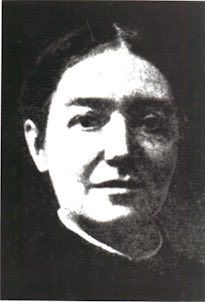 Mary Putnam Jacobi
Science
1842
1993
Mary Putnam Jacobi
Science
1842
1993

Mary Putnam Jacobi
Physician who founded the Association for the Advancement of Medical Education of Women. Jacobi was a leader in obtaining quality medical education for women.
 Gloria Steinem
Humanities
1934
Ohio
1993
Gloria Steinem
Humanities
1934
Ohio
1993

Gloria Steinem
Feminist leader, writer and social activist. A founder of Ms. Magazine, Steinem also co-convened the National Women’s Political Caucus and helped create the Ms. Foundation for Women. A best-selling author, her latest works are Revolution from Within: A Book of Self Esteem for Women and Moving Beyond Words.
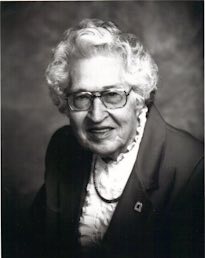 Helen Stephens
Athletics
1918
Missouri
1993
Helen Stephens
Athletics
1918
Missouri
1993

Helen Stephens
Athlete who set a world record and won two track and field gold medals at the 1936 Olympics. As an amateur, Stephens set Olympic, American and Canadian records in running, broad jump and discus. The small-town Missouri girl went on to become the first woman owner/manager of a women’s semiprofessional ball team and a lifetime sports advocate.
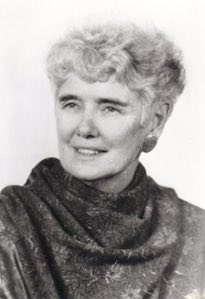 Elaine Roulet
Humanities
1930
1993
Elaine Roulet
Humanities
1930
1993

Elaine Roulet
Crusader for some of society’s most sharply disadvantaged, children of women in prison. A Sister of St. Joseph, Roulet has created many social reform and welfare organizations. She is best known for her work at the Bedford Hills Correction Center in New York, where she enabled mothers in prison to keep their babies for a year, a program now being patterned nationwide.
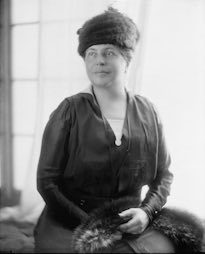 Lillian Wald
Science
1867
Ohio
1993
Lillian Wald
Science
1867
Ohio
1993

Lillian Wald
Nurse who organized the public health nursing service and the Henry Street Settlement in New York City to meet the needs of the urban poor. Wald created public health nursing services for many groups, and established the Public Health Nurses, known today as Visiting Nurse Service.
 Mae Jemison
Science
1956
1993
Mae Jemison
Science
1956
1993

Mae Jemison
Physician, engineer and astronaut. Jemison was the first African American woman astronaut in space, traveling on the Endeavor in 1992. Jemison today works on linking space age technology with developing nations and encouraging women and minorities to enter scientific fields.
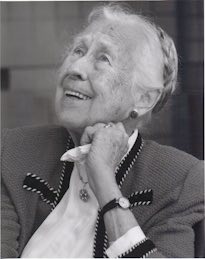 Esther Peterson
Humanities
1906
Utah
1993
Esther Peterson
Humanities
1906
Utah
1993

Esther Peterson
Catalyst for change in the labor, women’s and consumer movements. The driving force behind President Kennedy’s creation of the first Presidential Commission on Women in 1962, Peterson headed the Women’s Bureau in the Department of Labor. She also served Presidents Johnson and Carter, and served at the United Nations under President Clinton.
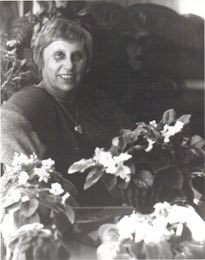 Ella Grasso
Government
1919
Connecticut
1993
Ella Grasso
Government
1919
Connecticut
1993

Ella Grasso
First woman elected a state governor in her own right. Grasso was elected Governor of Connecticut in 1974, serving until illness forced her retirement in 1980. She was also a Congresswoman and advocate for women, minorities and the elderly.
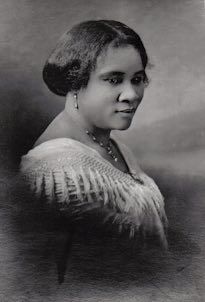 Madam C. J. Walker
Business
1867
Louisiana
1993
Madam C. J. Walker
Business
1867
Louisiana
1993

Madam C. J. Walker
Sara Breedlove, a Black entrepreneur considered the first African American woman to become a millionaire. She did this by devising a hair care and grooming system for African Americans and pioneered a door-to-door sales approach. The daughter of former slaves, Walker became an advocate for positive social change as well as a philanthropist.
 Jeannette Rankin
Government
1880
Montana
1993
Jeannette Rankin
Government
1880
Montana
1993

Jeannette Rankin
First woman elected to the U.S. Congress. Rankin served two separate terms representing Montana, and was the only U.S. Representative to vote against America’s entry into both World Wars. A lifelong pacifist, she worked for peace until her death.
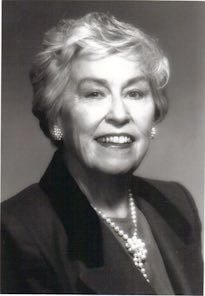 Martha Wright Griffiths
Government
1912
Missouri
1993
Martha Wright Griffiths
Government
1912
Missouri
1993

Martha Wright Griffiths
Congresswoman from Michigan 1955-1975, best known for successfully adding sex discrimination as a prohibited act in the 1964 Civil Rights Act. Griffiths also successfully led the Equal Rights Amendment passage in the House of Representatives.
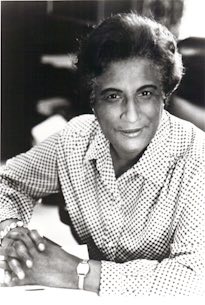 Constance Baker Motley
Government
1921
1993
Constance Baker Motley
Government
1921
1993

Constance Baker Motley
Attorney and jurist who, after performing landmark work with the NAACP with Thurgood Marshall and others, became the first African American woman elected to the New York State Senate. Motley was the first woman and African American to become Manhattan Borough President; she was the first African American women named to the federal bench.
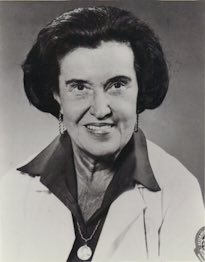 Rosalyn S. Yalow
Science
1921
New York
1993
Rosalyn S. Yalow
Science
1921
New York
1993

Rosalyn S. Yalow
First American woman trained in the U.S. to win the Nobel Prize for Medicine. Known for pioneering the use of radioisotopes to analyze physiological systems, Yalow made possible very detailed analysis of blood chemistry, saving lives and allowing for proper doses of medication.
 Marian Wright Edelman
Humanities
1939
South Carolina
1993
Marian Wright Edelman
Humanities
1939
South Carolina
1993

Marian Wright Edelman
Attorney and civil rights advocate who founded the Children’s Defense Fund, the nation’s strongest advocacy group for children. A passionate champion for youth, Edelman’s organization works on health care and assistance for homeless children.
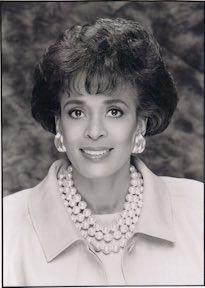 Faye Wattleton
Humanities
1943
Missouri
1993
Faye Wattleton
Humanities
1943
Missouri
1993

Faye Wattleton
Nurse who was the first woman since founder Margaret Sanger, and first African American to become president of the Planned Parenthood Foundation. Wattleton developed Planned Parenthood into an influential nationwide organization.
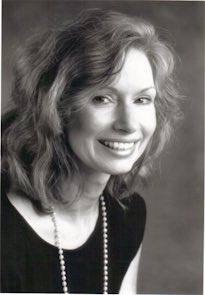 Gloria Yerkovich
Humanities
1942
Unknown
1993
Gloria Yerkovich
Humanities
1942
Unknown
1993

Gloria Yerkovich
Founder of CHILDFIND, a nationwide organization which helps locate missing children. Yerkovich developed the program after her own daughter was abducted. Her concept was the prototype for the National Center for Missing and Exploited Children.
 Ellen Swallow Richards
Science
1842
1993
Ellen Swallow Richards
Science
1842
1993

Ellen Swallow Richards
The nation’s first professional woman chemist, an important figure in opening careers in science to women. By applying scientific principles to domestic life, Richards became a leader in the new disciplines of sanitary engineering, nutrition and home economics.
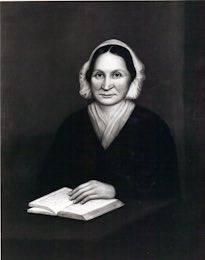 Mary Lyon
Education
1797
1993
Mary Lyon
Education
1797
1993

Mary Lyon
Founded the first college for women, Mount Holyoke (1837). Mount Holyoke became the model for institutions of higher education for women nationwide. Lyon based her school on sound finances and high quality education in all disciplines, encouraging and educating women to reach beyond teaching and homemaking.
 Dolores Huerta
Humanities
1930
New Mexico
1993
Dolores Huerta
Humanities
1930
New Mexico
1993

Dolores Huerta
Co-founder (with Cesar Chavez) of the United Farm Workers of America, the nation’s first successful and largest farm workers union. The UFW is dedicated to helping immigrant / migrant people of all ages. Huerta is known as a brilliant organizer, speaker, lobbyist, political strategist and human rights advocate.
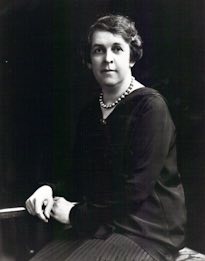 Alice Evans
Science
1881
1993
Alice Evans
Science
1881
1993

Alice Evans
Scientist who found the organism which caused undulant fever, a killer disease. Evans’s discovery led to mandatory milk pasteurization, saving countless lives worldwide. An outstanding scientist, she also advocated women entering the scientific professions.
 Shirley Chisholm
Government
1924
New York
1993
Shirley Chisholm
Government
1924
New York
1993

Shirley Chisholm
First African American woman elected to the U.S. Congress. Chisholm was also the first African American woman to receive delegate votes for the presidential nomination of a major party. A member of Congress for many years, she was also an educator and writer.
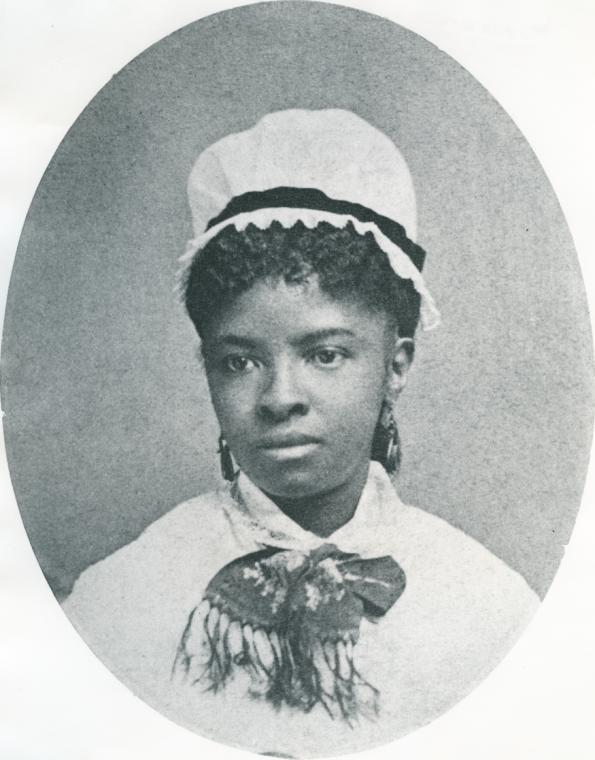 Mary Mahoney
Science
1845
Massachusetts
1993
Mary Mahoney
Science
1845
Massachusetts
1993

Mary Mahoney
First African American woman to study and work as a professionally trained nurse. Mahoney received her diploma from the New England Hospital in 1879, one of only four of 18 to pass the difficult course.
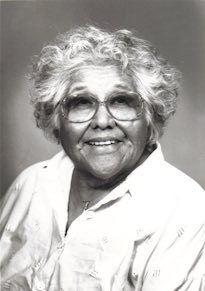 Katherine Siva Saubel
Arts, Education, Humanities
1920
California
1993
Katherine Siva Saubel
Arts, Education, Humanities
1920
California
1993

Katherine Siva Saubel
Founder of the Malki Museum at the Morongo Reservation in California. Born on a reservation in great poverty, Saubel became determined to preserve her tribe’s culture and language, despite overwhelming odds. A learned ethno anthropologist, Saubel was a founder of this first museum run by Native Americans.
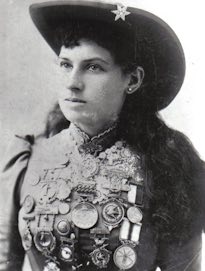 Annie Oakley
Arts
1860
Ohio
1993
Annie Oakley
Arts
1860
Ohio
1993

Annie Oakley
Markswoman, was probably the nation’s finest. A performer for many years with Buffalo Bill’s Wild West Show, Oakley was a staunch supporter of other women’s opportunities and raised funds to send needy women to college and nursing school.
